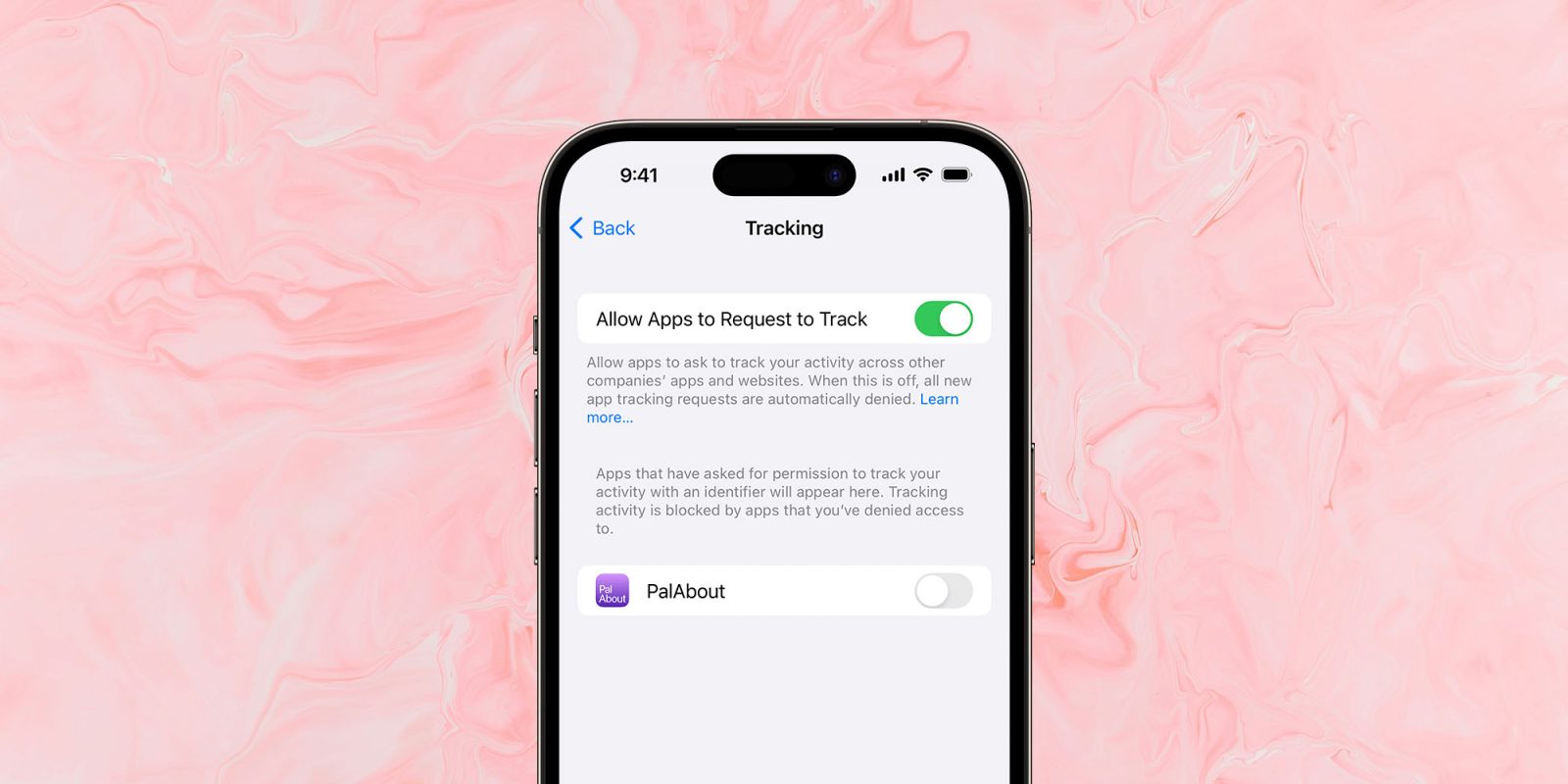
Apple has been fined $162M by France’s competition regulator for the way App Tracking Transparency is implemented, stating that this is an abuse of the company’s powers.
This bizarre ruling follows a complaint by a group of trade associations representing advertisers who are no longer able to access user data to serve personalized ads …
App Tracking Transparency
Apple offers a way for advertisers to track the apps we use in order to target personalized advertising. Personalized ads are far more valuable than generic ads, so developers who offer ad-supported apps will make more ad revenue if they collect this user data.
Back in 2021, Apple started requiring apps to ask user permission to collect this data through a new feature called App Tracking Transparency (ATT). Apps must now display a popup asking to allow tracking, and unsurprisingly a lot of people say no.
Advertisers and developers complained
Both advertisers and developers of free ad-funded apps complained loudly at the impact of ATT, as it was estimated that it would cost social media companies alone tens of billions of dollars.
Complaints were made in a number of countries – some arguing that it was unfair because Apple exempts its own apps (which are in reality subject to even tighter controls), others saying the loss of revenue forced developers to raise prices to compensate.
It appeared last month that a complaint by advertisers in France was likely to be upheld, and Bloomberg reports that this has indeed turned out to be the case.
France’s antitrust regulator fined Apple €150 million ($162 million) after a lengthy probe into how the technology company asks to collect iOS users’ data and the impact on advertisers.
The reason? The popup was apparently too complicated.
The Autorité de la Concurrence said on Monday [that] forcing these apps to display multiple pop-ups [was] making their use excessively complex […]
The regulator said that Apple’s ATT framework was “neither necessary nor proportionate” in a text of its decision. It said the framework in itself was not “problematic,” however, the way it was implemented is “abusive within the meaning of competition law.”
9to5Mac’s Take
Although expected, the decision is still inexplicable. ATT involves precisely one popup asking a simple yes/no question. Additionally, Apple lets users switch on a toggle (shown above) to block apps from even asking the question.
It’s especially odd given that ATT is a privacy feature, and Europe has the strongest privacy laws in the world. The EU has also previously vindicated Apple’s introduction of ATT.
What’s more, the regulator hasn’t even stated what action it would like Apple to take!
Apple said it is “disappointed” with the decision and that the regulator hasn’t asked for specific changes to the ATT framework, in an emailed statement.
The relatively substantial fine risks putting France into conflict with the US, after Trump described fines by European regulators as “overseas extortion.”
Highlighted accessories
Image: 9to5Mac collage of images from Apple and Pawel Czerwinski on Unsplash
FTC: We use income earning auto affiliate links. More.







